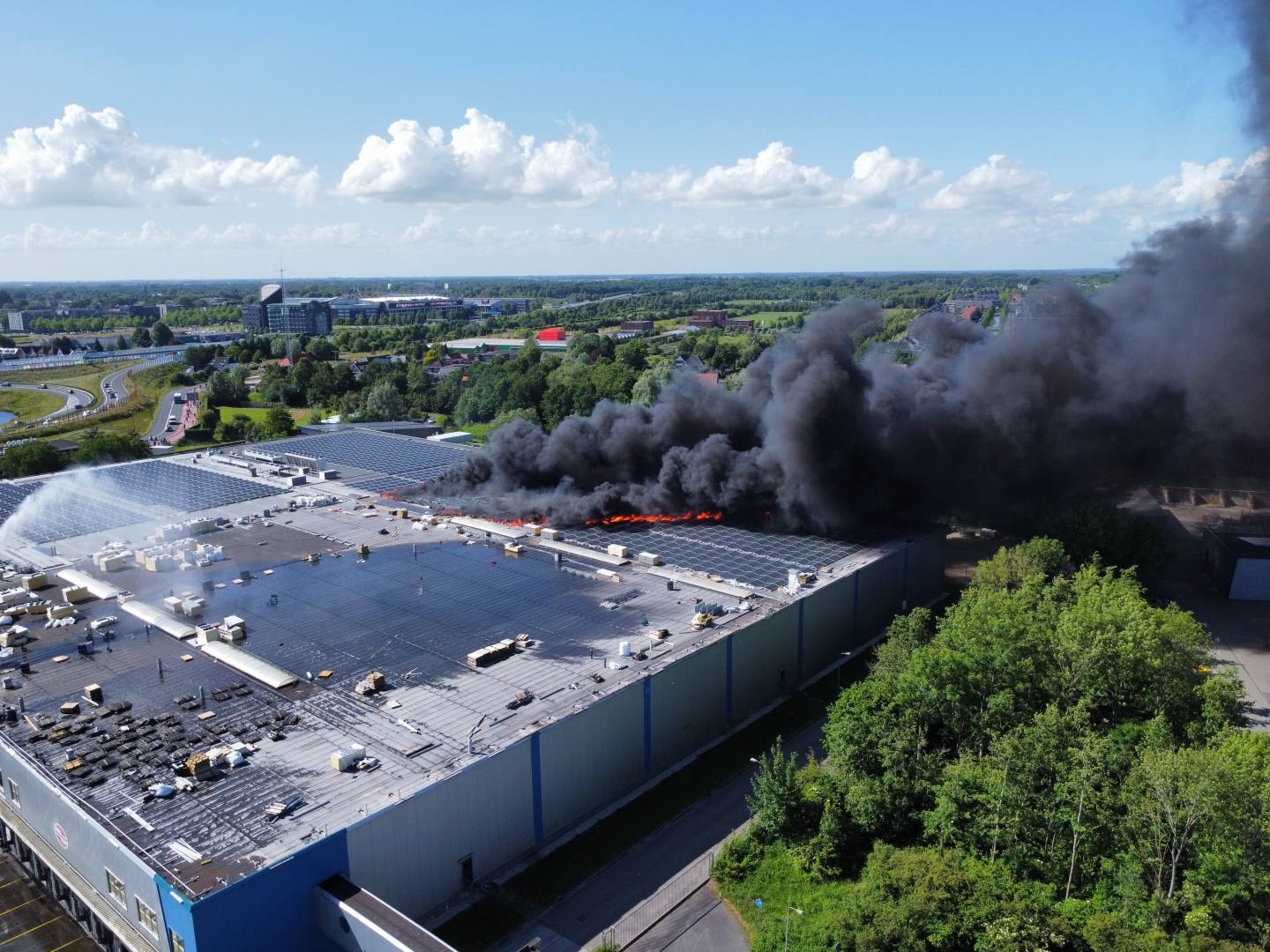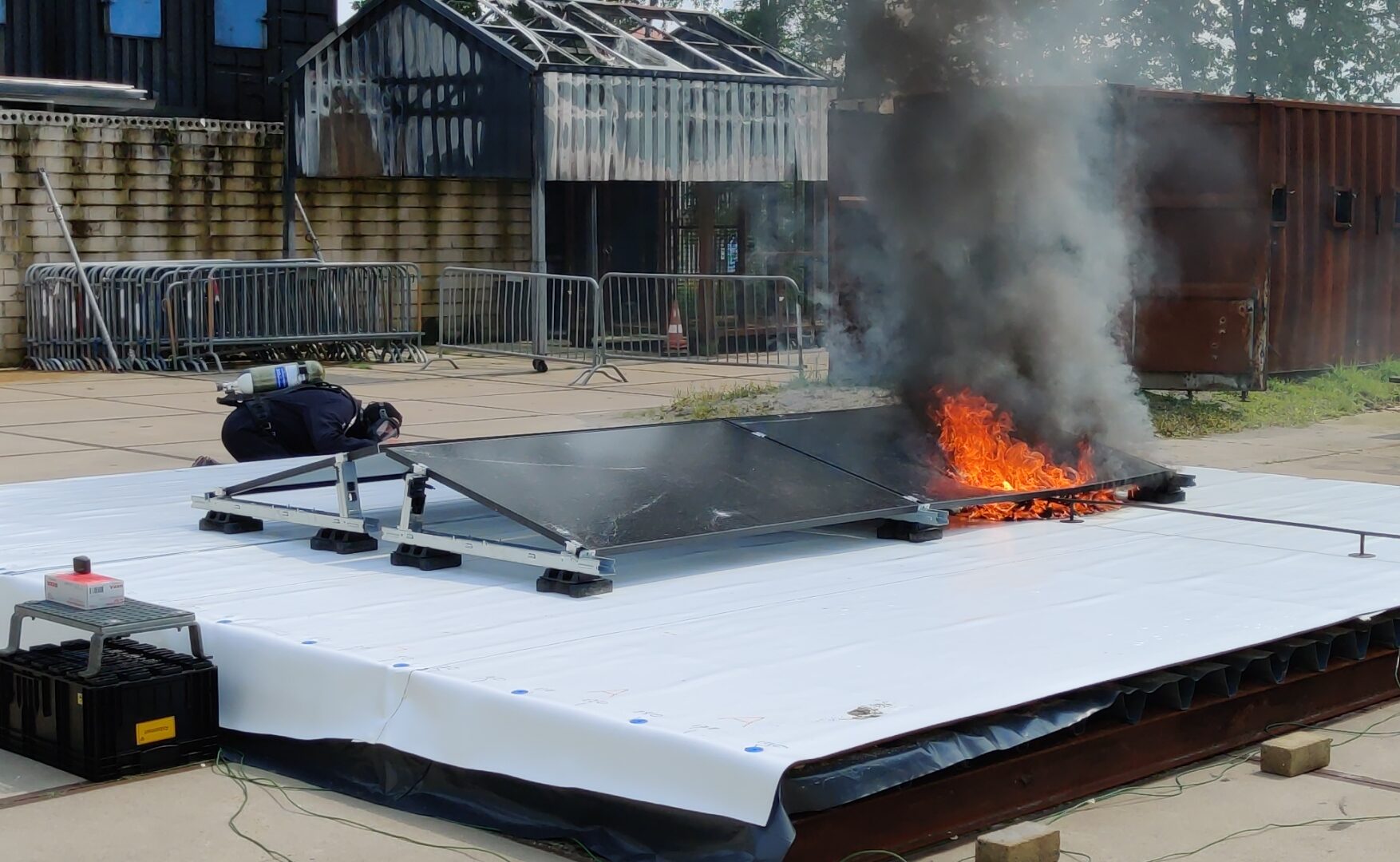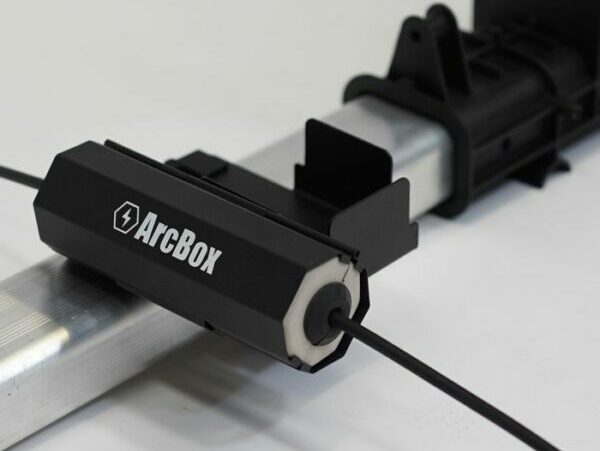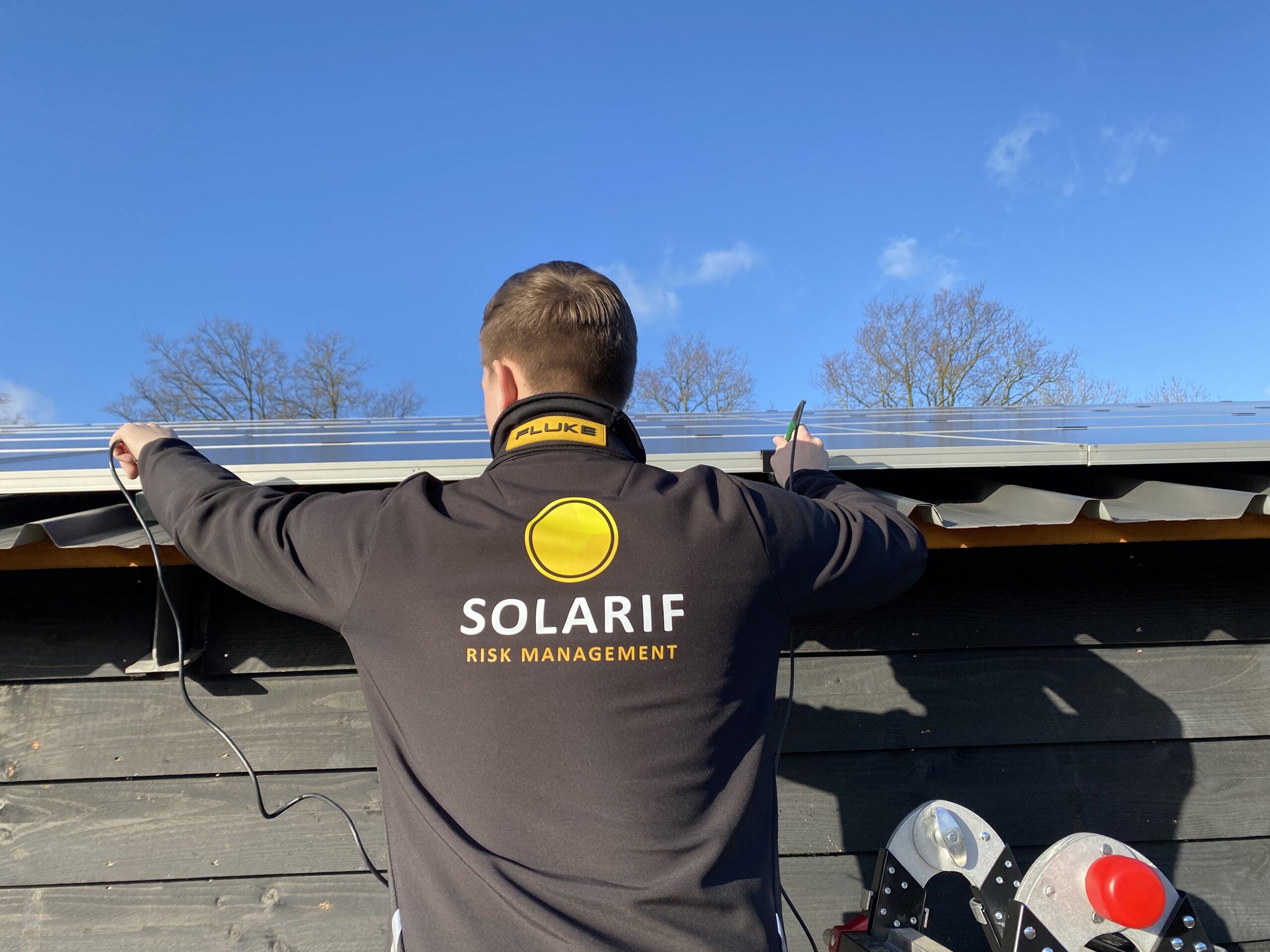What precautions should I take when installing solar panels on a bitumen roof with flammable insulation materials?
EPS, PUR, or PIR insulation underneath your roof!
Consult with Your Insurer
Before installing solar panels on a bitumen roof with flammable insulation materials, it is crucial to contact your insurer. Inform them about the specific composition of your roof, the planned installation work, and the measures you’re taking to reduce the risks. This helps prevent problems with your insurance and possible exclusions.

Roof Inspection
Have a professional roof inspection carried out to assess whether your roof is suitable for solar panels. The expert will check if the roof has sufficient load-bearing capacity and whether structural reinforcements are necessary. If required, the inspection can indicate whether a roof replacement or renovation is needed.
Roof Renovation
For older roofs or roofs with flammable insulation materials such as EPS, PUR, or PIR, it is advisable to consider a roof renovation. Replace flammable insulation materials with non-flammable alternatives, such as mineral wool, to significantly reduce the fire risk and increase the safety of your property.
Professional Installation
Ensure that solar panels are installed only by a certified and experienced installer. Make sure the installer complies with your insurer’s conditions and has demonstrable experience with installing solar panels on roofs with flammable insulation materials. A professional installation minimizes risks such as fire and leaks.

Risk-Reducing Measures
To increase the fire safety of your installation, consider using the following risk-reducing measures:
AllShield Roof Coating
This non-combustible coating limits the spread of fire by preventing ignition of the roofing material and insulation. It reduces the amount of fuel available for the fire, causing it to extinguish itself before becoming uncontrollable.
With the AllShield roof coating, the flammable roofing under the solar panels is effectively protected from fire.

Arcbox
This is a protective housing for DC connectors, specially designed to minimize the risk of fire caused by electrical arcing. When a DC connector is placed inside the housing, it ensures that, in the event of an arc, the arc is safely contained.
This keeps any potential fire limited to the housing, preventing it from spreading to nearby flammable materials. This significantly reduces risks, especially for installations on flammable roofs and critical locations such as hospitals, schools, and factories, where the consequences of fire can be severe.

Scope 12 Inspection
Have a Scope 12 inspection carried out by a certified inspector. This inspection checks among other the correct installation of your solar panels and connectors. By complying with this inspection, you meet the requirements of your insurer and ensure a safe installation.

Maintenance
After installation, it is important to have regular maintenance performed. This ensures that the installation remains in optimal condition and potential risks, such as faulty components or wear and tear, are detected in time.
Solarif Insurance
Do you want to ensure your solar panel installation is well-protected and meets all insurance requirements?




